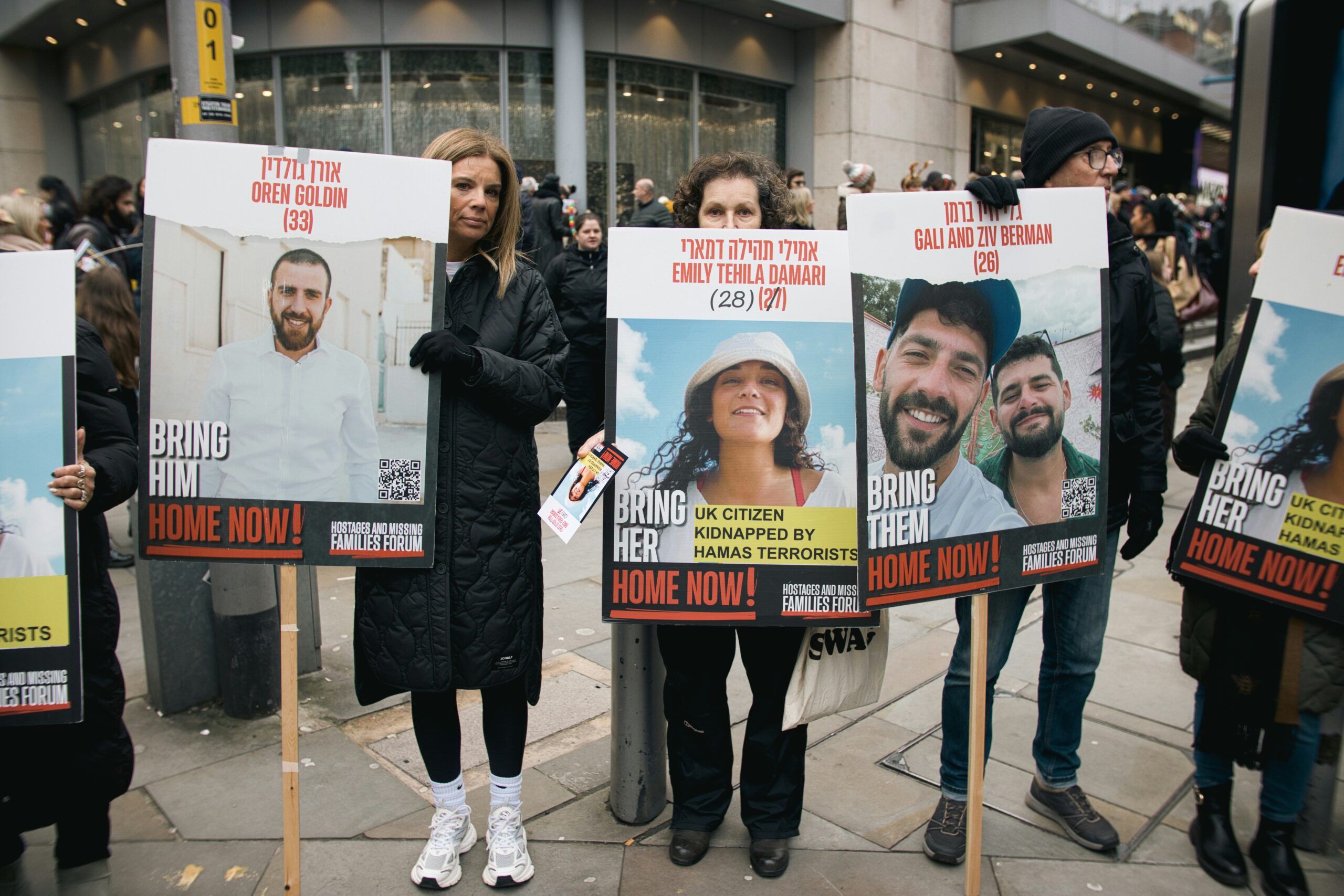International tourism to the United States has entered a sharp decline in 2025, with airlines reducing routes and major travel agencies reporting widespread cancellations. The trend is being driven by growing global disapproval of President Donald Trump’s foreign policy, protectionist trade measures, and inflammatory rhetoric targeting both allies and adversaries. From Canada to Central Europe, international travelers are turning their backs on American destinations, dealing a blow to the U.S. tourism sector and raising concerns across the hospitality and travel industries.
According to data released in April, international visits to the U.S. dropped by over 11 percent in March compared to the previous year. Canadian travel to the U.S., typically among the highest in the world, fell by 40 percent. Air Canada announced it would reduce flights to multiple American cities, citing decreased demand, rising hostility toward Canadians, and financial uncertainty caused by Trump’s economic policies. One airline executive, speaking anonymously, said the sharp downturn in ticket sales was triggered by Trump’s suggestion that Canada should consider statehood, a remark widely condemned as both condescending and destabilizing.
The trend is echoed across Europe. Travel agencies in Germany, the Netherlands, Belgium, and the Nordic countries report significant drops in U.S.-bound bookings. Many cite travelers’ discomfort with America’s political climate, visa uncertainty, and a general perception of the country as unwelcoming to foreigners under the current administration. The controversial summit between Trump and Ukrainian President Volodymyr Zelenskyy, during which Trump was reported to have dismissed European security concerns as “irrelevant”, only deepened the sense of estrangement.
Travel analysts say tourists are redirecting their plans toward destinations perceived as safer and more stable, including Japan, Portugal, and Australia. Airlines and tour operators in these regions have reported an uptick in demand, with some noting that previously U.S.-bound vacationers are now actively avoiding North America. A spokesperson for the European Travel Agents’ Association said the shift is not just political but also emotional: “People don’t want to spend their money in a country they feel disrespects them.”
The economic impact is already materializing. U.S. tourism generated over $180 billion in export revenue in 2023. Projections for 2025 are down sharply, with losses estimated in the tens of billions. Cities like New York, Miami, Los Angeles, and Chicago—which typically see high volumes of international visitors—are beginning to report lower occupancy rates, shorter stays, and declining tourism tax revenue. Hospitality executives warn that job losses in the travel sector are imminent if the trend continues.
The Trump regime has not publicly addressed the tourism collapse, but internal memos from the Department of Commerce suggest growing alarm. One document, leaked to Bloomberg, indicates concern over the long-term reputational damage to the U.S. as a travel destination. However, public statements from the administration have doubled down on nationalist messaging, with Trump repeating claims that international travelers are a “security risk” and suggesting tourism dollars should be kept “in the family.”
Trade associations and business groups are attempting damage control. The U.S. Travel Association has launched a campaign emphasizing that “America is open,” aiming to counteract perceptions of hostility. Industry leaders argue that tourism should be treated as a strategic asset and urge the federal government to separate diplomatic tensions from the economic value of international visitors. So far, these efforts have made little dent in the decline.
With the U.S. preparing to host the 2026 World Cup and the 2028 Olympic Games, the timing of the downturn is particularly troubling. Organizers are worried that ongoing reputational damage could affect ticket sales, sponsorships, and global participation. Some cities are quietly pressing the administration to recalibrate its rhetoric and immigration policies to avoid further alienation.
While domestic travel within the U.S. remains relatively stable, the international boycott is reshaping America’s role in the global travel economy. Analysts warn that once tourists find new destinations, winning them back may prove difficult. With each week of silence or provocation from the White House, the perception of the United States as a hostile and unpredictable destination becomes more entrenched.
Author
Discover more from The Crustian Daily
Subscribe to get the latest posts sent to your email.













